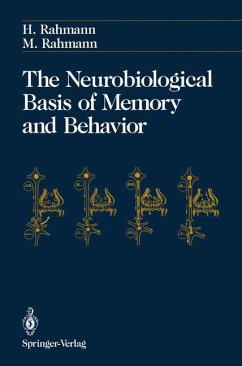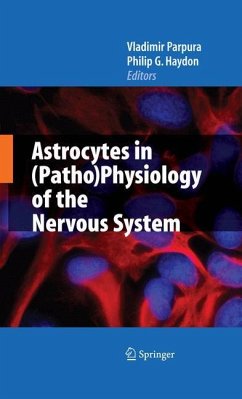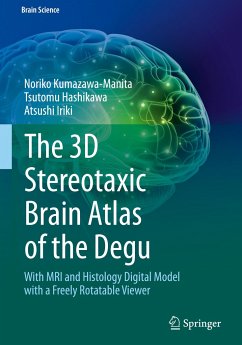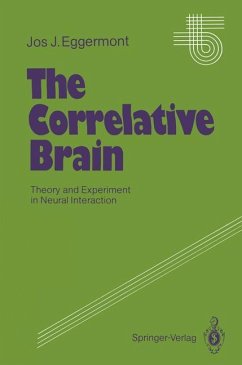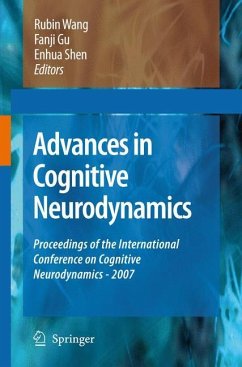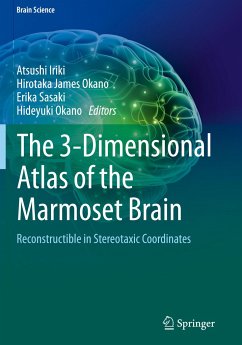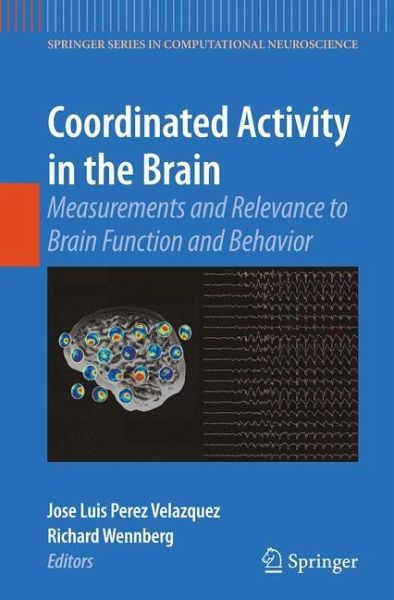
Coordinated Activity in the Brain
Measurements and Relevance to Brain Function and Behavior
Herausgegeben: Velazquez, Jose Luis Perez; Wennberg, Richard

PAYBACK Punkte
57 °P sammeln!
Increasing interest in the study of coordinated activity of brain cell ensembles reflects the current conceptualization of brain information processing and cognition. It is thought that cognitive processes involve not only serial stages of sensory signal processing, but also massive parallel information processing circuitries, and therefore it is the coordinated activity of neuronal networks of brains that give rise to cognition and consciousness in general. While the concepts and techniques to measure synchronization are relatively well characterized and developed in the mathematics and physi...
Increasing interest in the study of coordinated activity of brain cell ensembles reflects the current conceptualization of brain information processing and cognition. It is thought that cognitive processes involve not only serial stages of sensory signal processing, but also massive parallel information processing circuitries, and therefore it is the coordinated activity of neuronal networks of brains that give rise to cognition and consciousness in general. While the concepts and techniques to measure synchronization are relatively well characterized and developed in the mathematics and physics community, the measurement of coordinated activity derived from brain signals is not a trivial task, and is currently a subject of debate. Coordinated Activity in the Brain: Measurements and Relevance to Brain Function and Behavior addresses conceptual and methodological limitations, as well as advantages, in the assessment of cellular coordinated activity from neurophysiological recordings. The book offers a broad overview of the field for investigators working in a variety of disciplines (neuroscience, biophysics, mathematics, physics, neurology, neurosurgery, psychology, biomedical engineering, computer science/computational biology), and introduces future trends for understanding brain activity and its relation to cognition and pathologies. This work will be valuable to professional investigators and clinicians, graduate and post-graduate students in related fields of neuroscience and biophysics, and to anyone interested in signal analysis techniques for studying brain function.








